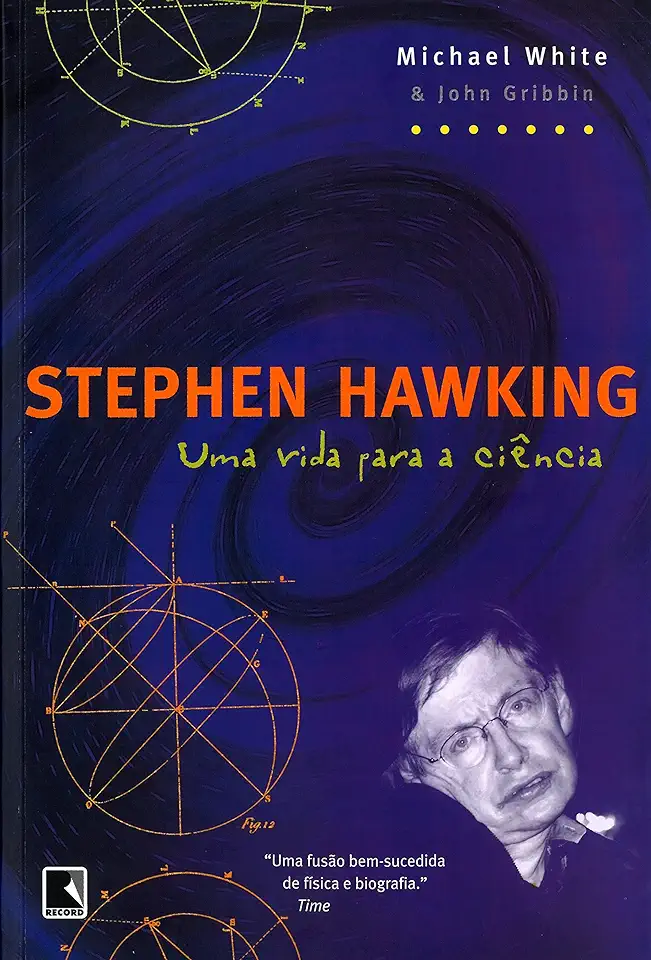
Stephen Hawking: A Life in Science - Michael White & John Gribbin
Stephen Hawking: A Life in Science
A Brilliant Mind
Stephen Hawking was one of the most brilliant physicists of our time. His work on black holes and the Big Bang revolutionized our understanding of the universe. He was also a gifted communicator, able to explain complex scientific concepts in a way that even non-scientists could understand.
A Life of Triumph and Tragedy
Hawking's life was not without its challenges. He was diagnosed with amyotrophic lateral sclerosis (ALS) at the age of 21, and he was given only a few years to live. However, he defied the odds and lived for another 55 years. During that time, he made some of the most important contributions to physics in history.
A Legacy of Inspiration
Hawking's work has inspired countless people around the world. He showed us that it is possible to achieve great things even in the face of adversity. He also taught us that the universe is a vast and mysterious place, and that there is still much that we do not know.
A Must-Read for Anyone Interested in Science
Stephen Hawking: A Life in Science is a fascinating and inspiring biography of one of the most important scientists of our time. It is a must-read for anyone interested in science, or for anyone who wants to learn more about the life of a truly remarkable man.
Hawking's Early Life
Stephen Hawking was born in Oxford, England, on January 8, 1942. His father, Frank, was a research biologist, and his mother, Isobel, was a secretary. Hawking showed an early aptitude for mathematics and physics, and he went on to study at the University of Oxford.
Hawking's Diagnosis
In 1963, Hawking was diagnosed with ALS. This is a progressive neurological disease that affects the muscles and nerves. Hawking was eventually paralyzed from the neck down, and he could only communicate through a speech synthesizer.
Hawking's Work on Black Holes
Despite his disability, Hawking continued to work on his research. He made major contributions to our understanding of black holes, which are regions of spacetime where gravity is so strong that nothing, not even light, can escape. Hawking showed that black holes are not completely black, but that they emit a faint radiation, which is now known as Hawking radiation.
Hawking's Work on the Big Bang
Hawking also worked on the Big Bang theory, which is the leading scientific theory about the origin of the universe. Hawking showed that the universe began in a hot, dense state, and that it has been expanding ever since. He also proposed that the universe may have multiple origins, or "multiverses."
Hawking's Popular Science Books
In addition to his scientific work, Hawking also wrote several popular science books, including A Brief History of Time, which has sold more than 10 million copies worldwide. Hawking's books have helped to make science accessible to a wider audience, and they have inspired many people to pursue careers in science.
Hawking's Legacy
Stephen Hawking died on March 14, 2018, at the age of 76. He left behind a legacy of scientific achievement and inspiration. He was a brilliant physicist, a gifted communicator, and a role model for people with disabilities. Hawking's work will continue to inspire people for generations to come.